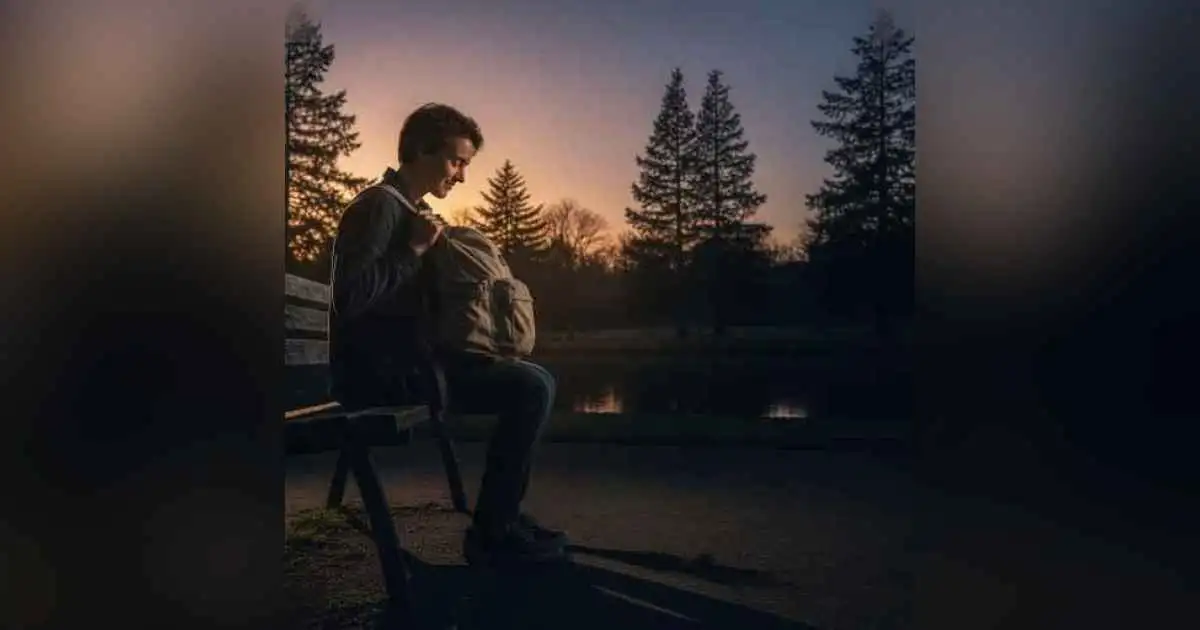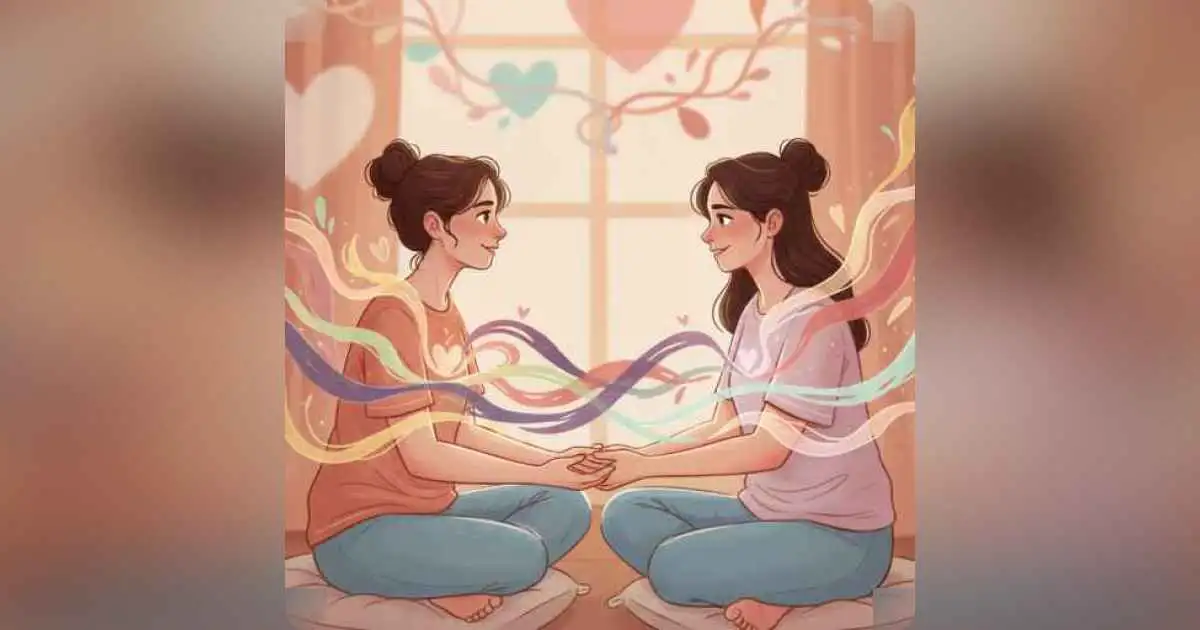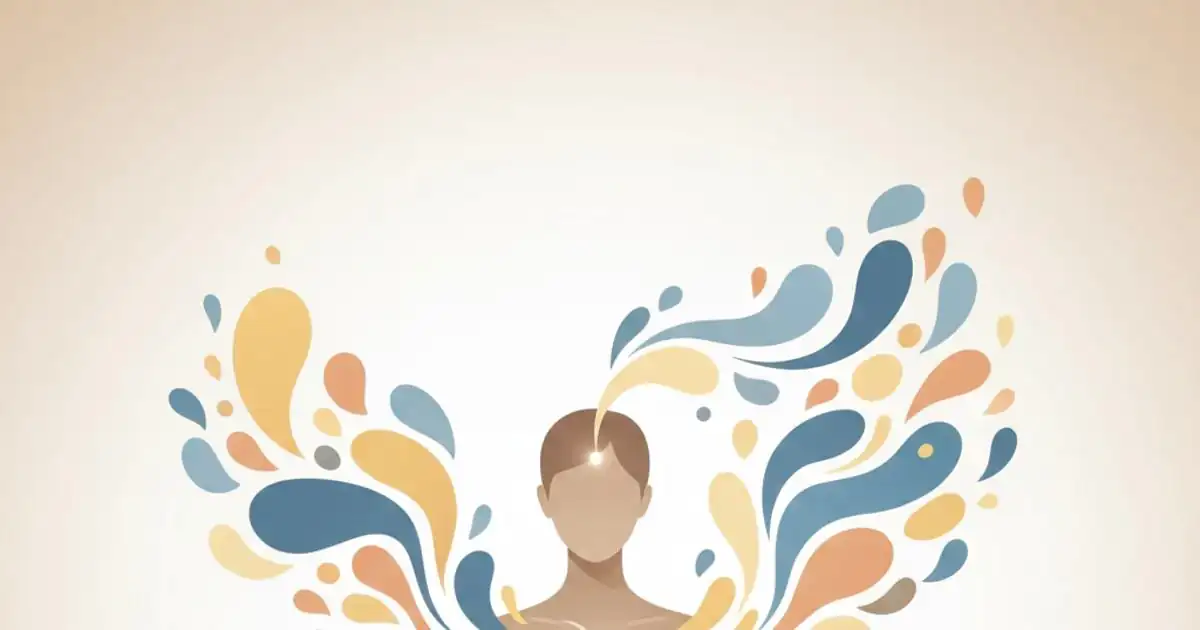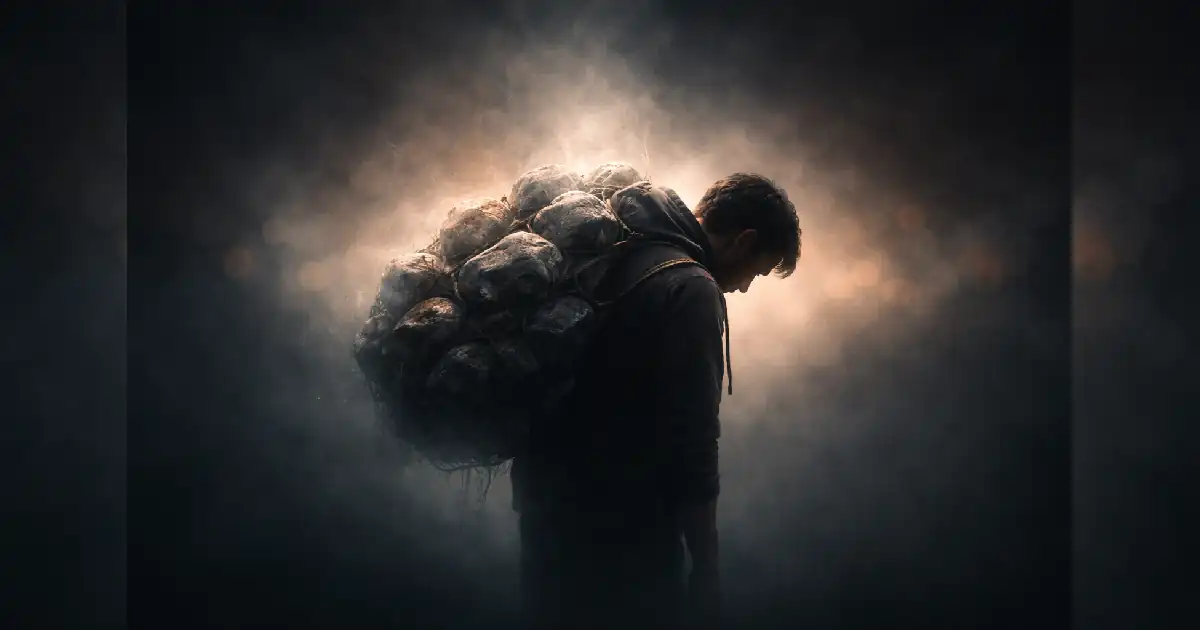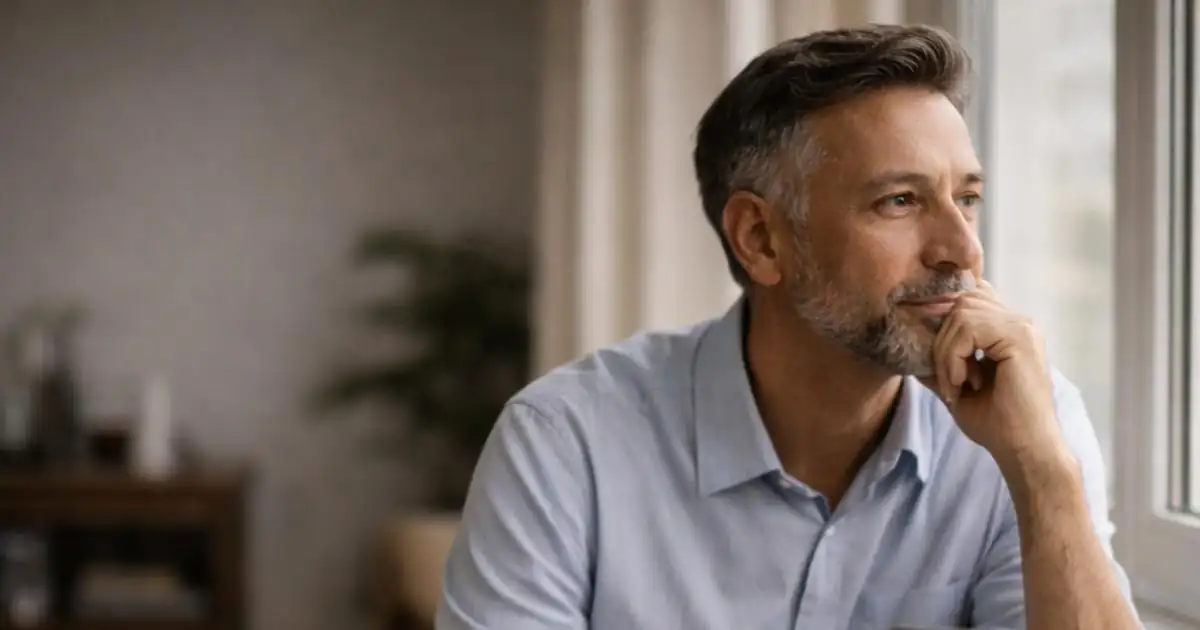We call it strength, but often it’s just silence.
The “strong one” is rarely strong they’re just the one who hides their breaking the best.
The Emotional Problem
If you’ve ever been called the strong one in your family, friendships, or relationships you know what it feels like. On the surface, it seems like a compliment. People trust you. They admire your resilience. You’re dependable, the one who shows up, the one who “has it all together.”
But beneath that image lies a quiet, relentless weight.
You’re the one people confide in, but rarely the one people check on. You’re the first person others call when they’re falling apart, but when you’re silently drowning, no one notices you’ve gone under. You’re celebrated for carrying others, but your own exhaustion often goes unseen.
It’s not that people don’t care. It’s that your identity has become so intertwined with being “the strong one” that your pain feels… unbelievable. Almost impossible.
And so, you keep wearing the mask. You keep holding everyone else up, while secretly wondering if anyone would even notice if you fell apart.
This is the hidden cost of being the strong one: people forget you’re human.
The Hidden Mindset or Emotional Truth
The truth is, strength like this rarely starts by choice. Most of us didn’t wake up one day and decide to be unshakable. We learned it.
Maybe you grew up in a household where falling apart wasn’t an option where your feelings were dismissed, or your role was to keep the peace. Maybe you were the oldest child who had to grow up too soon, or the quiet one who learned that crying only pushed people away.
Somewhere deep inside, you formed a belief:
-
- If I show how much I’m hurting, I’ll be abandoned.
- If I fall apart, no one will catch me.
- If I’m strong, I’ll be loved.
And so strength became survival.
But here’s the hard Emotional truth: what looks like strength to the world often begins as fear. Fear of being too much. Fear of being unworthy if you’re not okay. Fear of letting others see the fragile, unpolished parts of you.
This is why being the strong one feels so lonely. Because beneath it all, what you crave isn’t admiration for your resilience it’s the safety to finally put the weight down.
The Emotional Landscape of the “Strong One”
Being the strong one doesn’t just shape your relationships; it shapes your inner world. Here are some of the patterns that often show up:
-
- Chronic self-silencing. You edit your truth when people ask, “How are you?” because you don’t want to burden them.
- Unmet needs. You don’t ask for support not because you don’t need it, but because you’re convinced it won’t be there.
- Invisible grief. You carry heartbreaks, disappointments, and fears silently, because you’ve internalized that no one wants to see them.
- Boundary erosion. You give endlessly but rarely pause to notice how drained you’ve become.
- Hidden resentment. You love being there for people, but some part of you aches: Why doesn’t anyone do this for me?
The most dangerous part? From the outside, it looks like you’re fine. People even praise you for it. Meanwhile, inside, you might feel like you’re quietly unraveling.
The Insightful Shift
Here’s the shift that changes everything:
Strength isn’t carrying everything alone. Real strength is allowing yourself to be human.
When you’ve spent your whole life being the dependable one, the idea of showing vulnerability can feel terrifying. It feels like weakness, like letting people down. But the paradox is this: vulnerability is what creates genuine closeness.
When you share your real struggles not just the polished, digestible ones you give others permission to show up for you. You invite love that doesn’t depend on you performing wellness. You learn that you don’t have to collapse in silence; you can collapse and be held.
And yes, some people may not rise to the moment. Some relationships may fade when you stop playing the role of the unshakable one. But what you gain in exchange is something far more valuable: clarity. You learn who truly loves you, not just the version of you that serves them.
A Story Many Don’t Tell
I remember talking to a woman who had been the strong one her entire life. She was the caretaker of her siblings, the Emotional anchor for her parents, the reliable friend, the “rock” in her marriage. Everyone admired her.
But when she went through a devastating loss, she told me she cried quietly in her car instead of at home. Why? Because she didn’t want her husband or kids to worry.
She said something that broke my heart: “I don’t know how to need people.”
That’s the wound of the strong one not just exhaustion, but disconnection from your own need to be cared for. Healing means slowly, bravely, learning how to need again.
Practical Ways to Begin Healing
If you recognize yourself in these words, here are a few small, doable steps to begin unlearning the “strong one” script:
-
- Practice micro-honesty. Instead of defaulting to “I’m fine,” try soft honesty: “It’s been a hard week, but I’m managing.” You don’t have to spill everything start with small truths.
- Notice when you’re overextending. Before saying yes, pause and ask: Am I doing this out of love, or out of fear that I’ll disappoint?
- Give yourself permission to rest. Rest isn’t something you earn; it’s something you deserve as a human being. Take breaks, even if no one else validates them.
- Identify safe people. Not everyone deserves your vulnerability. Find one or two people you trust enough to experiment with being real. It could be a friend, a partner, or even a therapist.
- Reconnect with your inner child. The strong one is often the child who was never allowed to fall apart. Journaling, therapy, or even gentle self-talk can help you give that inner child the compassion they never received.
Healing isn’t about abandoning strength altogether. It’s about expanding your definition of it.
A Reflection Question
The next time you find yourself putting on the mask of “I’ve got this,” pause and ask yourself:
“What would it feel like if I let someone see me right here, exactly as I am?”
Even if the answer is terrifying, it opens the door to a new kind of freedom.
Closing One-Liner
Even the strongest ones deserve to be held.
Related article: The Science of Happiness: What Your Brain Does When You Feel Good
